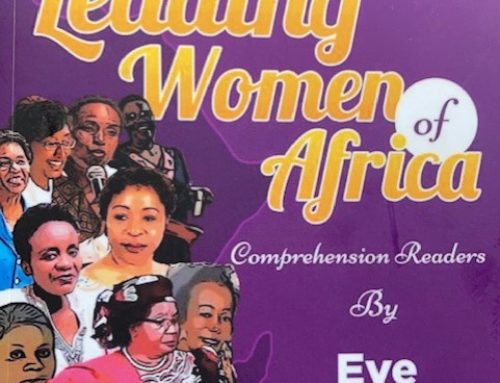i love love love this piece on Christians not being saved to relax and enjoy the Kingdom of God while living in the midst of chaos in the world:
= = = = = = = = = = = = = = = = =
To be a Christian…
We need to be alive to the reality that Jesus could not have established the church without dying on the cross and being raised again. Thus, the church was born in a struggle of life and death and is plunged into this struggle to work for the Kingdom of God. To be Christian is not to relax and enjoy the Kingdom of God in the midst of sin, corruption, oppression and death. To be Christian means to engage in the struggle for righteousness against unrighteousness, the struggle for justice against injustice, the struggle to save the world. Any view of Christian life without engaging in struggle cannot be compatible with the work of the Lord on the cross. Our mission as Christians is to engage in acts of salvation for the world in the name of Him who died for it. We are called to proclaim the good news of salvation to the world.
[page 84]
= = = = = = = = = = = = = = = = =
So as followers of Jesus, we can’t not be involved in the societal woes that surround us and yet far too often we choose to ‘protect ourselves’ in the bubble of religious life and activity and keep an active distance from the often overwhelming struggles that are taking place outside our doors.
A little bit later in the book Frank takes it further with this:
= = = = = = = = = = = = = = = = =
This brings us to an expression quoted by one of the participants at a workshop on the Kairos document in Zurich, Switzerland, in the process of grappling with the kairos of the Western Church, of Western Christians. The statement was expressed in the following way:
… our problem is that we are stuck with love and charity in our response to the evils of this world rather than justice. We in the West are compelled by love, Christian love and concern about the brutality of some of the systems in the Third World, we are moved by the hunger and poverty to give charity. But we never go beyond charity to justice.
The implications of this statement became very clear to the group. Giving charity was seen as necessary to save lives in these devastated areas of oppression and exploitation and to alleviate pain and suffering. But it was noted that this good, generous activity on its own cannot resolve the fundamental problem. It remains an ‘ambulance’ ministry to help save the victims of a vicious system. To participate in the ministry of addressing the fundamental problem, Christians in the West must engage in the struggle to uproot the foundations of this problem, which are mainly based in their countries. They must have a deliberate programme of action as part of their confession and their commitment to the gospel. To put it in crude terms, terms that are threatening to some people, they too must engage in a liberation struggle to redeem and free themselves of this subtle system which benefits them, directly or indirectly making them partners in this primary sin.
Churches need to begin to challenge the bankers at their home base. They need to challenge business people, corporations, governments and para-state institutions at their home base. They need to challenge their membership and raise their consciousness about this sin and equip them with better, more critical theological tools to detect it. Christians and committed people at grassroots also need to undertake campaigns to mobilise their people to deal with this problem from below. It seems to me that this is going to become increasingly the most effective way of expressing solidarity in action and struggle, rather than necessarily stopping the attack of apartheid at the frontline of the battleground (i.e. South Africa itself). Our solidarity, our sharing of the same body of Christ, our ecumenism, will be expressed in this common action of faith on all fronts of this war (struggle) against evil and injustice in the world. Our unity in Christ can only be unity in action, united action in struggle; it cannot be a unity that leaves the very structures of oppression intact.
[page 176-178]
[For the next passage dealing with Violence Avoided, click here]
[For some thoughts and shares from Antjie Krog’s ‘Begging to the Black’, click here]






Leave a Reply